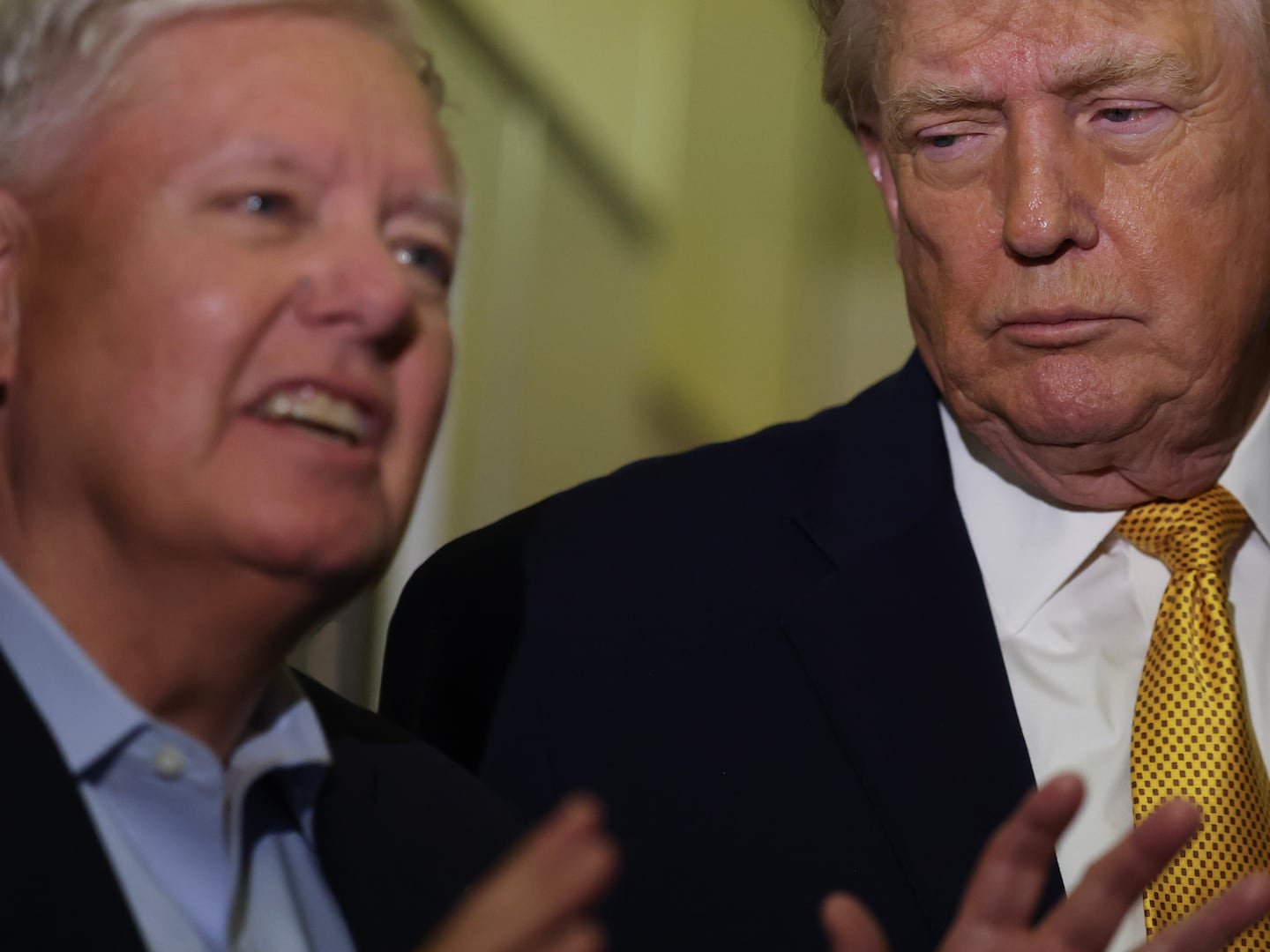How much do the caucus voters of Iowa care about legislative maneuvering?
If the answer is, "Every bit as much as David Gregory," then Ted Cruz has well and truly put his foot in it. His handling of the "defund Obamacare" interplay between House and Senate is now almost universally derided, by Republicans perhaps even more than by Democrats.

But suppose—it's incredible, but suppose—the answer turns out to be, "Not in the slightest." Suppose what they care about it is the optics of a single conservative senator standing and fighting against President Obama and the Washington establishment. In that case, Ted Cruz may be having a rather better news cycle than Washington allows.
Start with this fact about Ted Cruz: He is no Sarah Palin or Donald Trump. He is a hugely smart, highly focused political player, with a clear-eyed view of political realities. He defeated the most powerful Republican in Texas to win nomination to the U.S. Senate in months of hard campaigning. As a senator, he has overshadowed his senior colleague, John Cornyn, a former chair of the Republican National Senatorial committee. Cruz makes mistakes; everybody does. But he thinks before he acts, and his critics should appreciate that he has a plan.
The plan is obvious enough: to emerge as the next acknowledged political leader of American conservatism in the apostolic succession that begins with Robert Taft, continued through Barry Goldwater and Ronald Reagan and Jack Kemp, and has had no agreed successor since Newt Gingrich's retirement from Congress in 1998. Since then, radio and TV talking heads have displaced politicians as the standard bearers of the conservative cause. But a political movement inescapably requires political leadership—and that position has been vacant too long. The electric response among conservatives to Rand Paul's drone filibuster—despite the many ways in which Rand Paul's libertarian politics slant against the grain of conservatives in the country—shows the avid hunger among conservatives to see that vacancy filled.
Obviously, Ted Cruz is going to lose his confrontation over Obamacare. In losing, however, he will taint his possible rivals—including Rand Paul—as pitiful members of the "surrender caucus." Only he will stand brave and true, like Mel Gibson playing Braveheart. The Wall Street Journal calls his campaign "kamikaze." But the art of political leadership includes a shrewd understanding of how to engineer the right political defeat, for the right audience.
In the Senate, Cruz may look right now the very opposite of shrewd. But the view Cruz cares about is the view from Iowa, New Hampshire, and South Carolina—and from there he looks like a hero to many of the Republicans who'll choose the party's nominee in 2016.





